Much like people, pumps have distinct personalities. There are the prim, proper ones with their exceptionally precise flow rates and almost dainty operation. There are the athletic types that can run all day and make it all look exceedingly easy. And then there are the ones that like to get down and dirty, who are game for anything and don’t mind mixing it up or rolling around in the mud a little bit.
The epitome of that last type is the peristaltic hose pump. Some years ago when I worked at a pump distributorship, we always called peristaltic pumps the “pump of last resort” because it had the capability to handle the toughest, grimiest, nastiest applications you could think of, applications that other pump styles just couldn’t (or wouldn’t) tackle. I’m talking about the demanding fluid-transfer applications found in industries like mining, chemical-handling, paint-and-coatings manufacture and wastewater treatment where sump drainage and the handling of abrasive or corrosive slurries are the norm.
Peristaltic hose pumps satisfy the requirements of such a wide range of demanding applications because their operation is based on the simple alternating contraction and relaxation of the hose, which forces the contents to move through the pump and into the discharge piping in the most volumetrically consistent manner possible. Also, since the pump only contacts the hose and not the internal pump components, peristaltic (hose) pump technology is ideally suited for abrasive and corrosive applications, with no danger presented to the pump’s non-wetted parts. This design results in a number of operational advantages that set peristaltic pumps apart from the competition in severe-duty fluid-transfer applications.
Beneficial abilities that are specific to peristaltic (hose) pumps include the ability to self-prime; ability to pull a high suction-lift; ability to run dry; ability to handle abrasives and slurries; ability to reverse flow; and the ability to be either skid-, truck- or fix-mounted. Other technological advantages are a totally seal-less design; repeatable flow; stable suction; excellent turndown range; multiple options for wetted-part construction; simple part replacement; and low maintenance.
When it comes to setting the standard in peristaltic (hose) pump technology, one brand has risen to the fore: Abaque™ Series Peristaltic (Hose) Pumps from the Dover Corporation’s Pump Solutions Group (PSG®), Oakbrook, Terrace, IL, USA.
Abaque Series peristaltic (hose) pumps can be the technology of choice in many severe-duty fluid-handling applications because they feature a seal-free design that eliminates leaks and product contamination, which enables them to handle fluids that are abrasive or aggressive, as well as those that are shear-sensitive or viscous. The hoses of Abaque pumps are available in three different materials of construction—natural rubber, EPDM and Buna® N—all of which offer high levels of material compatibility and fatigue resistance.
As mentioned, this design gives Abaque peristaltic (hose) pumps the versatility to excel in a wide and unique array of industries and fluid-transfer applications. To illustrate this versatility, PSG has recently developed four white papers that show how Abaque peristaltic (hose) pumps are the best choice in four very different industries: chemical, mining, water/wastewater, and paint and coatings.
We are always interested in hearing about any successes you have had in your pumping operations. If there are any recent instances where a peristaltic (hose) pump has helped optimize your severe-duty fluid-handling operations, please send me an email at tom.zuckett@psgdover.com

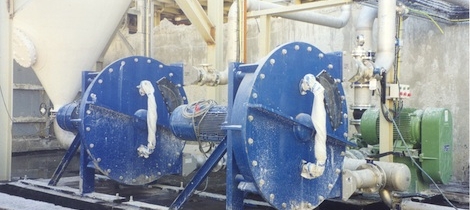
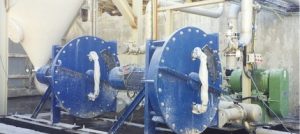
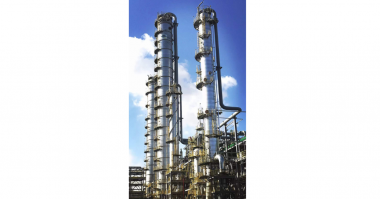
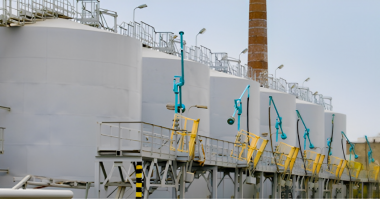
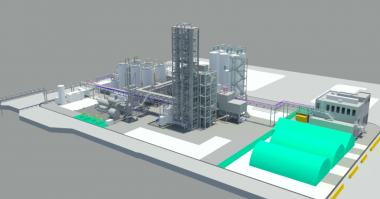
Comments